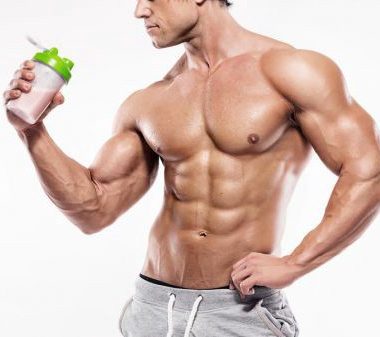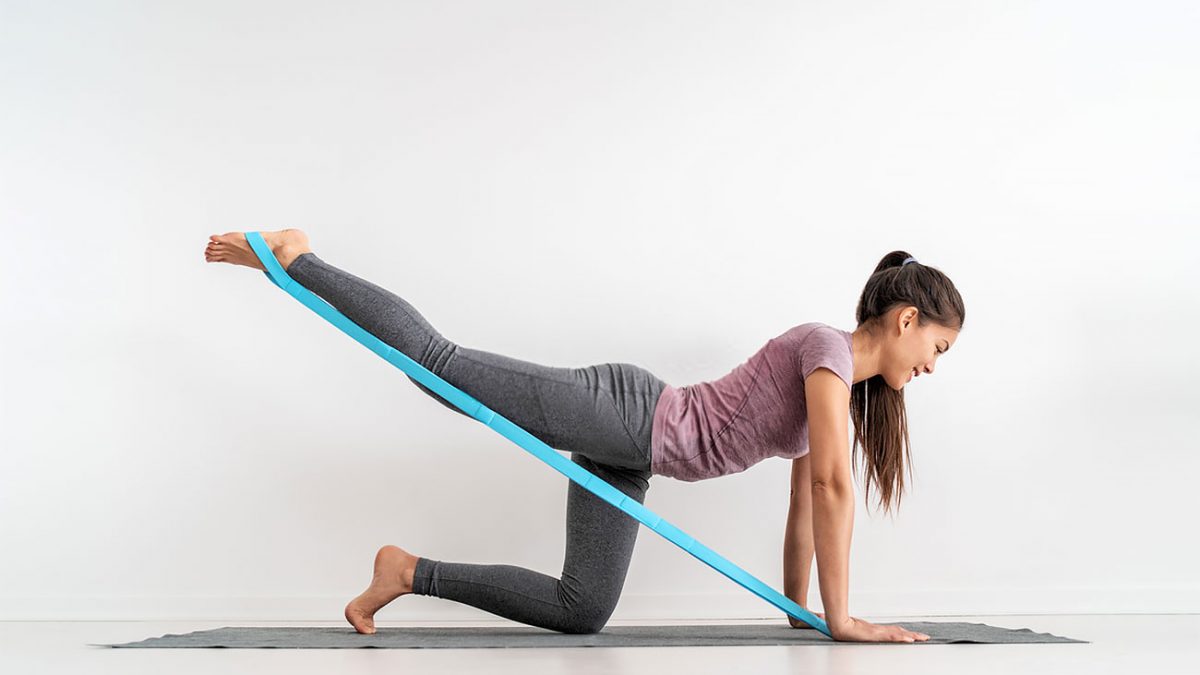
How to use caffeine to improve your performance
It is proven that caffeine can improve your performance, as long as you use the effective dose to avoid side effects
Surely you have participated in countless sports events and have seen that there are many athletes who take supplements that contain caffeine. Those who try it often explain wonders. Is there so much? If used properly it can improve performance, but we must also know well the effective and safe dose, the most appropriate time to use it and the side effects it has, because there are people who should not use it under any circumstances: if you are a nervous person, or suffering from anxiety or insomnia, forget it.
To begin with, caffeine is one of the most studied supplements with the most proven effects on performance. It has scientific evidence A ( here we speak ), therefore we know perfectly well the advantages and disadvantages that it can have. We find it in coffee , but also in guarana, cocoa, tea or cola drinks and, of course, it can be found in sports supplements.

What are the proven effects of caffeine?
Caffeine is useful in strength-power sports, endurance, and high-intensity activities. In general, its effects are:
- Stimulates the central nervous system (CNS).
- Increases lipolysis, that is, the mobilization of fatty acids as an energy substrate. As a result, it can reduce carbohydrate use and delay muscle and liver glycogen depletion.
- Reduces the perception of pain because it stimulates the secretion of endorphins.
- Improves neuromuscular function and muscle contraction.
- Improves thermoregulatory response
How does caffeine work?
It should be used well and you have to know how it works: it begins to take effect 30 – 45 minutes after taking it, reaches maximum concentrations after 60 minutes and is eliminated between 2.5 and 10 hours after use. intake, although there are many differences between individuals that not everyone metabolizes it in the same way.
Taking all this into account is very important to decide when we want to take it. In addition, when it stops working we will always notice a drop in performance, and that is why it is very important to use it when playing: if we use it too early in a long race, we will stay at half throttle after 3-4 hours; If we take it when there is only one hour left to race, we will not take advantage of it.
What dose of caffeine is effective?
- 75 mg of caffeine to improve alertness, motor learning, reaction time and short-term memory (EFSA recommendation).
- 2-3 mg / kg of body weight to achieve an improvement in endurance (EFSA), one hour before physical activity. Therefore a 70 kg athlete should take between 140 to 210 mg of caffeine. We could go up to 4 mg, but more is no longer necessary, since it has been seen that higher doses do not improve the effect.
Can I get it from coffee?
In principle, yes, but it is not recommended because it is almost impossible to establish the actual amount of caffeine we are drinking: a cup of coffee can contain 40 to 120 mg of caffeine, depending on the variety or preparation. It is best to take a good quality supplement. You have to release caffeine right away and you have to release it in a sustained manner.

Precautions and contraindications
It can cause nervousness or vegetatism, that is, dizziness, low blood pressure, tremors, nausea and vomiting; also cardiovascular disorders, insomnia or anxiety, mental disorders, gastroduodenal ulcers, liver dysfunctions, disorientation … Symptoms that it is better to save yourself during a competition for which you have been preparing for months. Therefore, we always have to test it before the competition, during training.
Finally, a reflection: before using this or any other ergogenic aid, consider what type of athlete you are, what is the intensity and duration of your effort, how often do you train or compete and, ultimately, what are they? your real needs. Ergogenic aids can increase your performance, but if there is no serious, constant and well-planned training behind, the effect will be null. In other words, supplements are just the icing on the cake – the real work is done in training!
